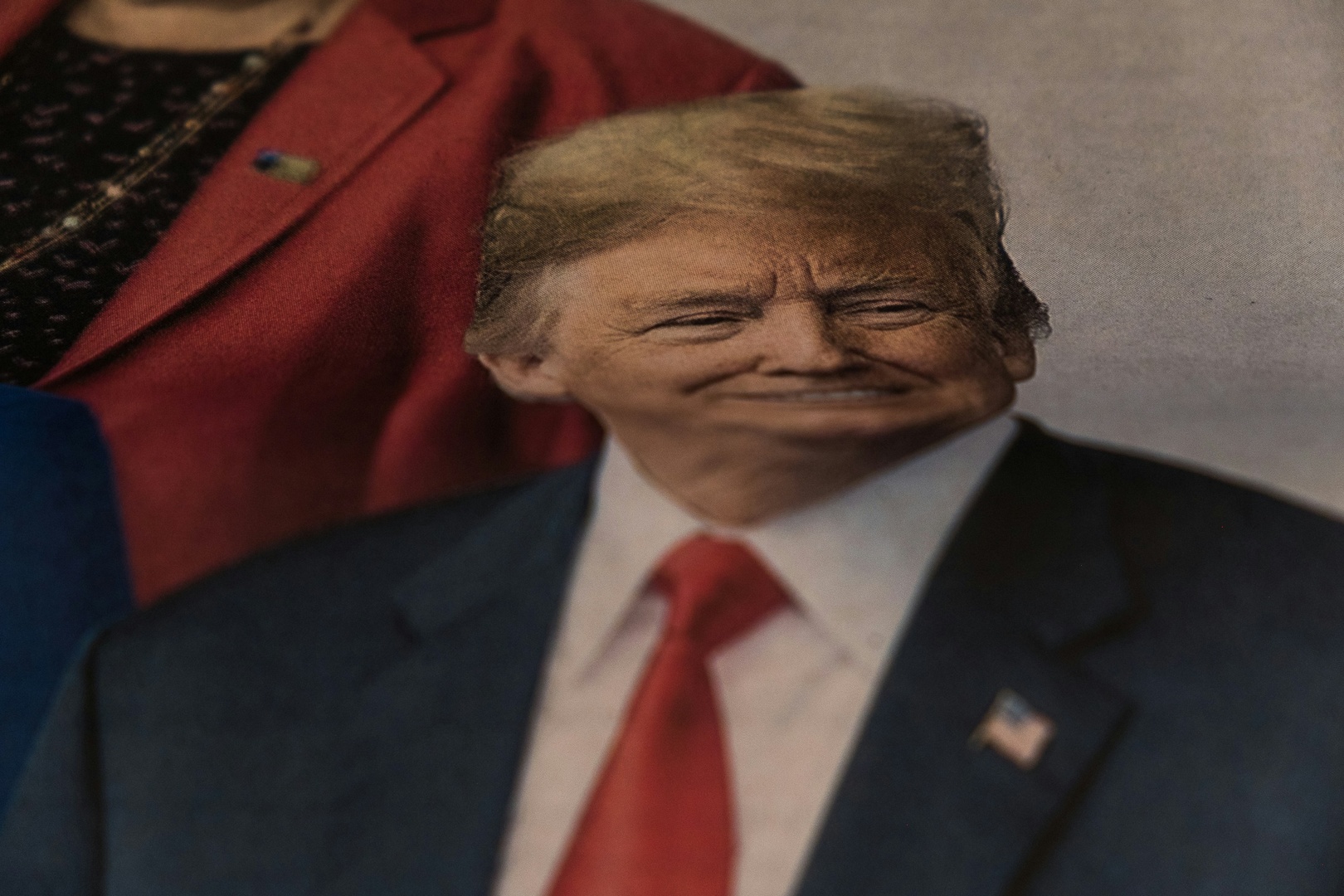The Shift in AI Chip Policy
The recent announcement from the Trump administration regarding a reversal of the Biden-era AI chip policy marks a pivotal moment in the global technology landscape. Set to take effect by May 15, 2025, this policy overhaul is poised to reshape the dynamics of advanced computing technology flow across international borders. The Biden administration’s Framework for Artificial Intelligence Diffusion, characterized by its complex three-tier regulatory structure, aimed to delineate a stratified technological landscape with far-reaching implications for innovation, international trade, and geopolitical relationships. However, the Trump administration’s abrupt decision to dismantle this framework underscores a fundamental shift in priorities, as officials argue the previous system was overly bureaucratic and stifled American innovation.
Understanding the Three-Tier System
The Biden administration’s three-tier system was intricately designed to control the dissemination of advanced AI technologies. In this framework, the top tier included 17 allied nations plus Taiwan, granting them unrestricted access to sophisticated AI chips. The middle tier encompassed around 120 countries, which would have been subject to strict import limits. Finally, the lowest tier, which included adversarial nations such as China, Russia, Iran, and North Korea, was entirely barred from accessing these critical technologies. This structured approach aimed to prevent sensitive technologies from reaching nations deemed a risk while still allowing allies and neutral nations access to innovation. Yet, critics argued that such complexity would result in compliance burdens that could push international partners toward alternative suppliers, undermining US technological influence.
The New Approach Taking Shape
As the Trump administration prepares to unveil its new AI chip policy, insiders suggest a departure from the tiered system in favor of a more flexible global licensing regime supported by inter-governmental agreements. This prospective approach seeks to maintain control over sensitive technologies while enabling easier access for a broader range of countries. The timing of this announcement is noteworthy, coinciding with President Trump’s scheduled trip to the Middle East, where nations such as Saudi Arabia and the UAE have expressed dissatisfaction with existing chip export restrictions. This indicates a potential strategic maneuver to bolster US relationships in a region eager for technological advancement.
Market Reaction and Industry Impact
The announcement of the impending policy shift has already reverberated through financial markets. Shares of Nvidia, a leading manufacturer of AI training chips, experienced a 3% increase on May 7, shortly after the news broke. However, post-announcement trading showed a slight dip, indicating a market still grappling with uncertainty surrounding regulatory changes. Nvidia CEO Jensen Huang has been vocal about opposing stringent export controls, predicting that the Chinese market for AI chips could burgeon to $50 billion within the next few years. Nevertheless, it is crucial to highlight that the Trump administration’s pivot does not equate to a total abandonment of export controls. The administration has previously demonstrated a willingness to impose strict restrictions on China, illustrated by the ban on Nvidia’s H20 chip, which resulted in significant financial repercussions for the company.
Global Winners and Losers
The reversal of the AI chip policy sets the stage for a complex new landscape in which various countries will experience differing impacts. Nations like India and Malaysia, which had not previously faced stringent chip restrictions, stand to benefit from the removal of the Biden framework. Malaysia, in particular, may see renewed opportunities for companies like Oracle Corporation, which plans to expand its data center capabilities beyond the limitations imposed by the previous regulations. Additionally, Middle Eastern countries, particularly the UAE and Saudi Arabia, could take advantage of this shift, potentially negotiating more favorable terms for chip acquisition. Trump’s expressed interest in easing restrictions specifically for the UAE highlights the high stakes involved in fostering strategic partnerships with nations eager to enhance their technological prowess.
Uncertainty Ahead
As the Trump administration charts a new course for AI chip policy, the transition period introduces significant uncertainty for companies like Nvidia that rely on clear regulatory guidelines. While discussions are ongoing regarding the new framework, existing export controls will remain in effect, complicating the landscape for industry stakeholders. One potential component of the new strategy may involve instituting controls on countries that have been known to divert chips to China, such as Malaysia and Thailand, raising questions about how these nations will navigate the evolving regulations. The divide among industry participants is evident, with chip manufacturers largely opposing strict export controls while certain AI firms advocate for protections to safeguard US technological advantages.
Balancing Competing Priorities
The Biden administration’s previous export controls aimed to limit access to crucial chips required for advanced AI development, specifically targeting Chinese firms seeking to circumvent restrictions. As the Trump administration embarks on crafting a replacement framework, it faces the formidable challenge of balancing national security concerns with the imperative to promote US commercial interests. Establishing agreements with a diverse array of countries eager to procure advanced AI chips necessitates deft navigation of complex diplomatic relationships and could lead to the emergence of multiple policy frameworks. The Commerce Department has not provided clarity on the timeline for finalizing any new regulations, indicating that discussions surrounding the optimal approach remain ongoing. The shift in policy underscores the administration’s overarching emphasis on American competitiveness and innovation, while still grappling with the need to control technologies with significant national security implications. As officials work towards a cohesive replacement framework, the global AI chip market remains in a state of flux, with profound consequences for technological development, international relations, and corporate strategies in the rapidly evolving landscape of artificial intelligence.



